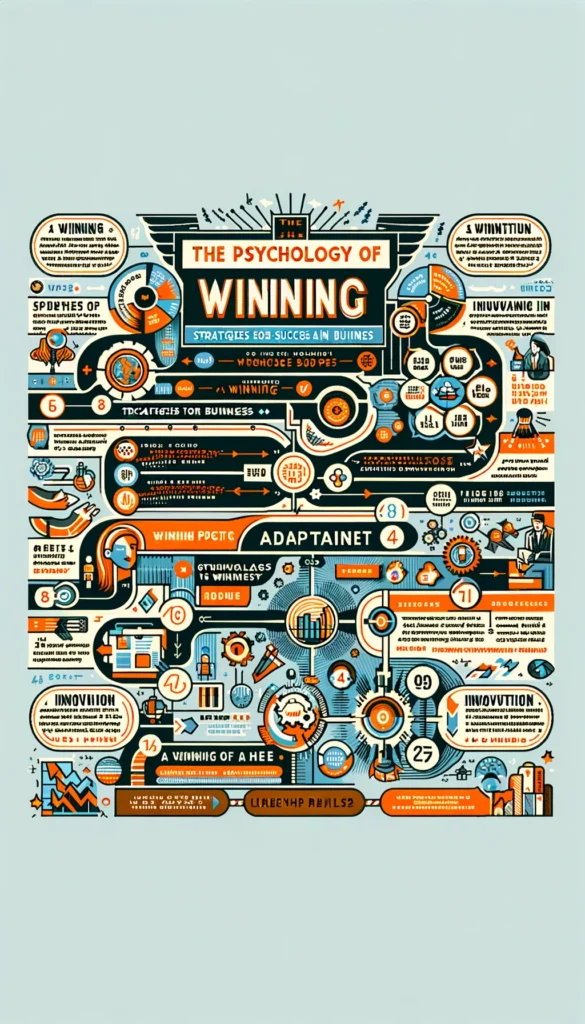
Winning is not just a result but a process. It encapsulates the journey of overcoming challenges, achieving goals, and continuously striving for excellence. This comprehensive report delves into the multifaceted concept of winning, exploring its psychological underpinnings, strategic frameworks, and the practical applications that can lead to success in both life and business. Through a deep dive into the dynamics of winning, we aim to provide insights and strategies that resonate with those looking to excel in their endeavors.

Understanding the Psychology of Winning
At the heart of winning is a mindset—a psychological framework that empowers individuals to face challenges head-on, persist in the face of setbacks, and ultimately achieve their objectives. This winning mindset is characterized by traits such as resilience, optimism, and a growth mindset. Resilience allows individuals to bounce back from failures, while optimism fuels the motivation to continue pursuing goals despite obstacles. A growth mindset, on the other hand, fosters a love for learning and a resilience to failures, viewing them as opportunities for growth rather than insurmountable barriers.
Strategic Frameworks for Winning
Success in any field requires more than just a positive attitude; it demands a strategic approach. Setting clear, achievable goals is the first step in this process. Goals act as a roadmap, guiding efforts and providing a measure of progress. Equally important is the ability to plan effectively—breaking down larger objectives into smaller, manageable tasks that can be tackled systematically.
Another key aspect of a winning strategy is adaptability—the capacity to adjust plans in response to changing circumstances. This flexibility allows individuals and organizations to remain agile, seizing opportunities and mitigating risks as they arise.
Winning in the Business World
In the business realm, winning often translates to outperforming competitors and achieving market leadership. This requires a deep understanding of the market, including customer needs, competitive dynamics, and technological trends. Innovation is a critical component of winning in business, as it enables companies to differentiate themselves and offer unique value propositions.
Building a winning culture within an organization is also vital. Such a culture promotes teamwork, encourages risk-taking, and rewards achievements. By fostering an environment where employees feel valued and motivated, businesses can unlock their full potential.
The Role of Leadership in Winning
Leaders play a pivotal role in driving success. Effective leaders inspire their teams, set a clear vision, and create an environment where winning is not just encouraged but expected. They exhibit qualities such as decisiveness, empathy, and integrity, which not only guide their teams to success but also cultivate respect and loyalty.
Conclusion: A Holistic Approach to Winning
Winning is more than just achieving a favorable outcome; it’s about the journey towards excellence. By understanding the psychological aspects of winning, employing strategic frameworks, fostering innovation, and cultivating strong leadership, individuals and organizations can position themselves for success.
As we navigate the complexities of life and business, it’s important to remember that winning is not an end in itself but a continuous process of growth and improvement. By embracing the principles outlined in this report, we can all aspire to not just win but win sustainably and ethically, leaving a lasting impact on our world.